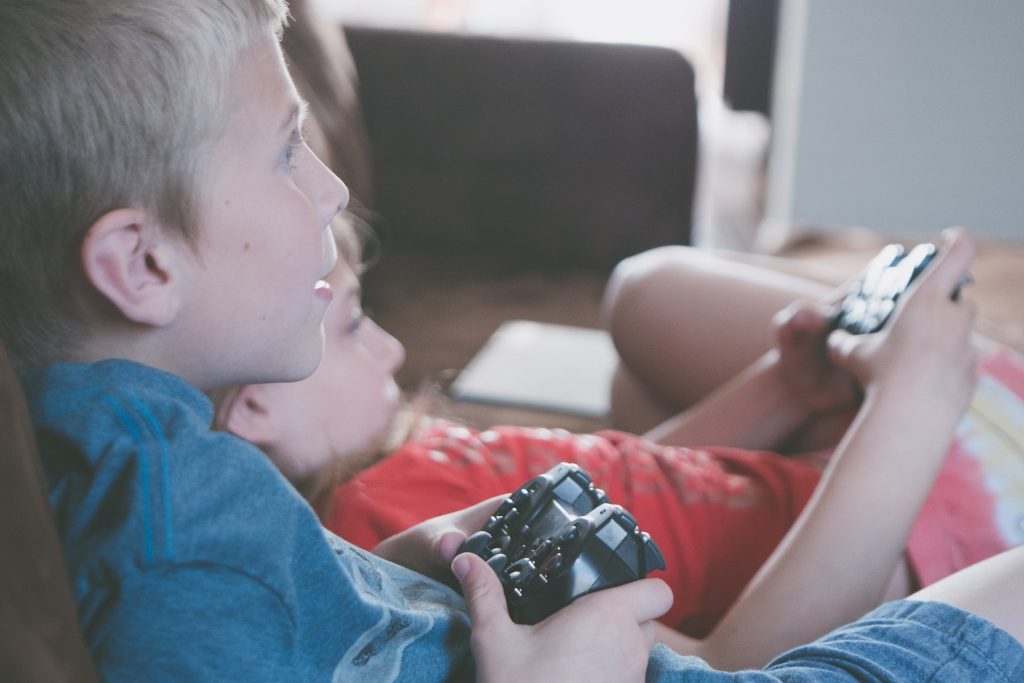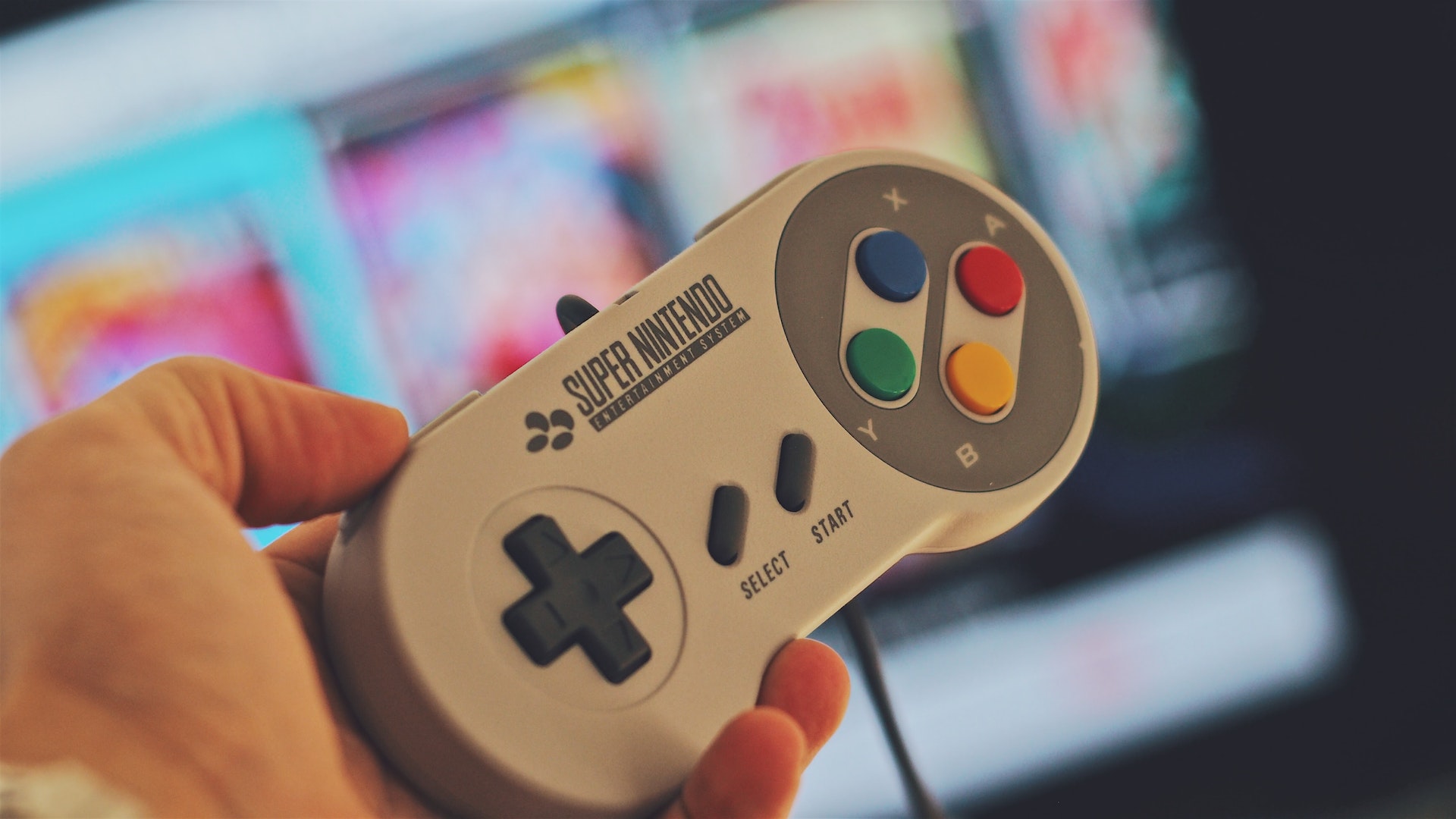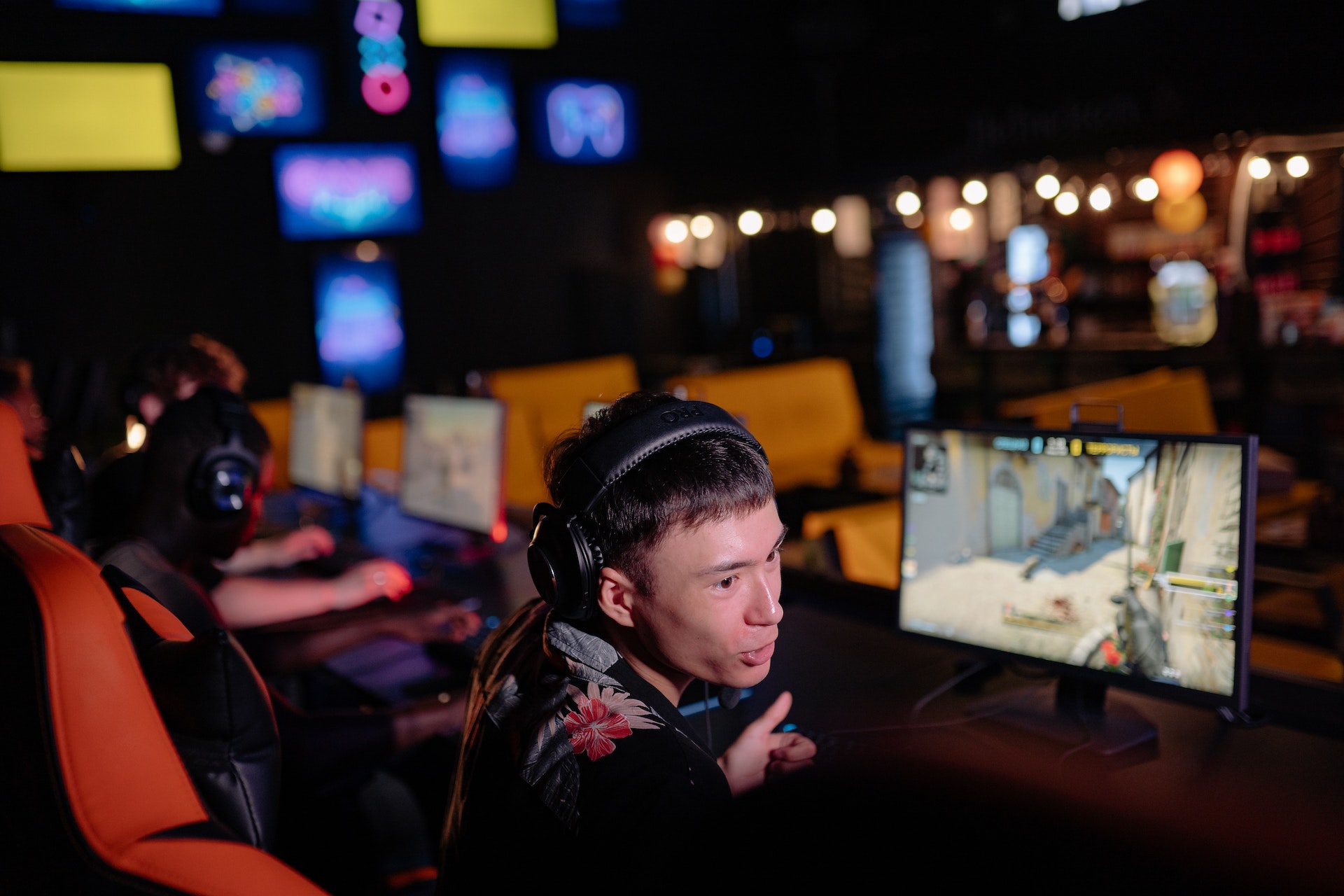Gaming seems to have many adverse effects on mental well-being. Studies show that gamers can become anxious, depressed, and angry. These claims are not without merit. There is more to this story. What’s the connection between video games, mental health, and video games? Are video games good for your mind?
Excessive video gaming is associated positively with social relationships and positive emotions. Problematic and excessive gaming can lead to maladaptive coping strategies and negative emotions and attitudes.
Video games can be good for you. They are not likely to cause anxiety or depression. These issues can be made worse by video game addiction. You can learn more about the harmful effects of gaming on the brain as well as how to maintain your mental health by not playing too many video games.
How can video games impact your emotions and mental health?
This question can be answered by asking another question: Why did people begin playing video games?
Gamers often start playing video games to escape real life. They might have been bullied at school or were bullied online. Video games are the only thing that can save them in such cases. They can escape real life’s emotional pain and suffering by immersing themselves in a video game.
An fMRI study examined the activity of different brain parts in gamers. The amygdala controls fear and negative emotions. When your amygdala activates, i.e., when fear or pain is present, the amygdala will calm down. Video games can be used to alleviate negative emotions or suppress them.
Negative emotions can be one of the most influential teachers of the brain. Once a child has touched a hot stove, they will learn not to feel it again. Because video games suppress our negative emotions, they make it more challenging to learn from our mistakes.
So, many people continue to play video games, even when they know it hinders their personal and professional development. Because they don’t understand why they cannot quit, they believe they are lazy and keep playing video games.
Alexithymia
Alexithymia occurs when someone suppresses their emotions over long periods. Alexithymia can be described as the inability to identify one’s inner emotional state. Alexithymic gamers make up the majority of those who are not gamers. This is due to how video games suppress our emotions and impact our mental health.
Alexithymia refers to an adaptive and protective mechanism. Many people don’t have an inspirational guide at a young age who can help them express their emotions. Because it is easier to suppress their feelings than to continue feeling them, they end up suppressing them.
As they age, their ability to identify their emotions starts to decline. They can no longer control emotions but cannot recognize when this happens.
Men who express emotions like fear, shame, or sadness in society are seen as less masculine or weaker than men who do not show them. They can only express anger. This severely limits their emotional capabilities and makes men more likely to develop alexithymia.
This constant suppressive action causes negative emotions to build up over time. They eventually become too much pressure on our minds. Gamers can experience emotional outbursts.
They use gaming to suppress their emotions, which is their only strategy. Because of this, they are addicted to video games and play them all day. Neglecting aspects of their life, such as school performance, health, or hygiene, can lead to them feeling more negative emotions, which they must suppress. They eventually get trapped in a negative feedback loop.

Video Games and Depression
Increased anxiety and depression are associated with video games. Correlation does not necessarily mean causation. People who feel unhappy or depressed often turn to video gaming because they can suppress negative emotions. They get stuck in life because they have a gaming addiction. They eventually become unhappy.
There is a big difference between clinical depression and feeling unhappy. You can be happy in your life but feel sad underneath. This is called clinical depression. You will most likely feel disappointed if your life is stagnant and you don’t progress toward your goals. Sometimes it is hard to discern between the two. A licensed mental health professional can support you if you believe you may be depressed.
Anxiety and Video Games
Our minds are capable of anticipating possible problems in the future. This ability can become out of control, and we call it anxiety.
Video games can make us anxious because we’re not doing what we know is best. But we don’t worry whether they were neglected or not being done in the past. We are concerned about the consequences of ignoring these things. They are all in the future.
Every anxious thought is rooted in the future. While video games are not always a cause of anxiety, if they become too much and you neglect other important things in your life, it can lead to anxious thoughts.
Is Video Gaming Bad for Self-Esteem
People addicted to video games with no goals will most likely feel low self-worth or confidence.
Gamers are not judged online for external things. People see gamers for who they are, not what clothes or cars they have.
However, they are judged and uncomfortable when they step out into the real world. They avoid leaving the outside world and prefer to stay inside. They miss out on the chance to know and explore, which makes it worse. Their low self-esteem worsens, and their confidence will continue to drop over time.
Conclusion
Video games do not have to be the root cause of your mental health problems. You can still be healthy while playing video games. But, if people don’t know how to deal with their emotions, they often turn to video gaming to suppress them. This can lead to getting stuck in the world.
We can help if you feel your gaming habits negatively impact your life. You can sign up to become a Healthy Gamer coach, who Dr. Alok Khanojia trained. Healthy Gamer coaches are gamers who have taken charge of their lives and understand your struggles.







